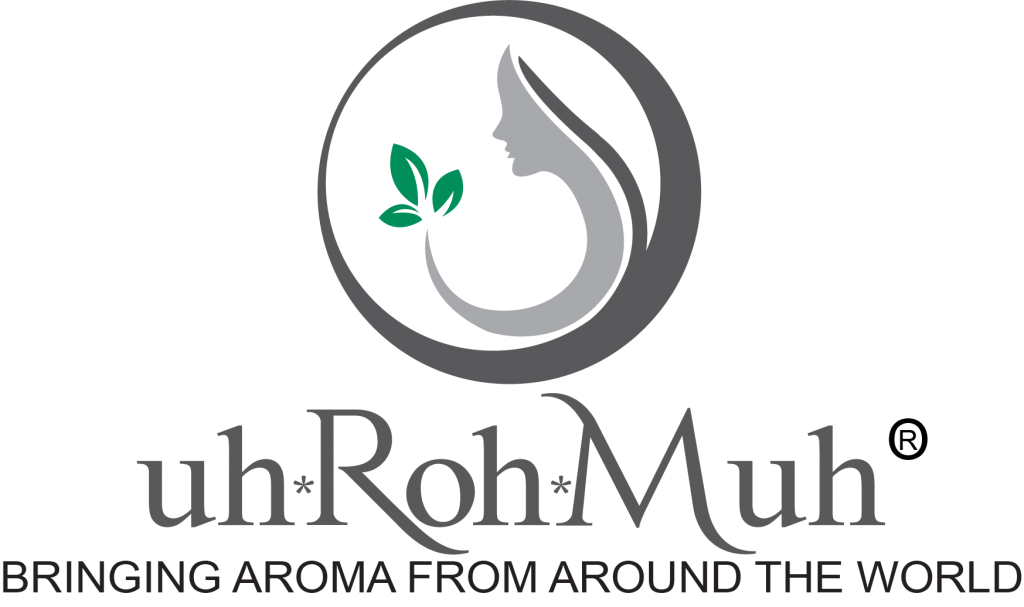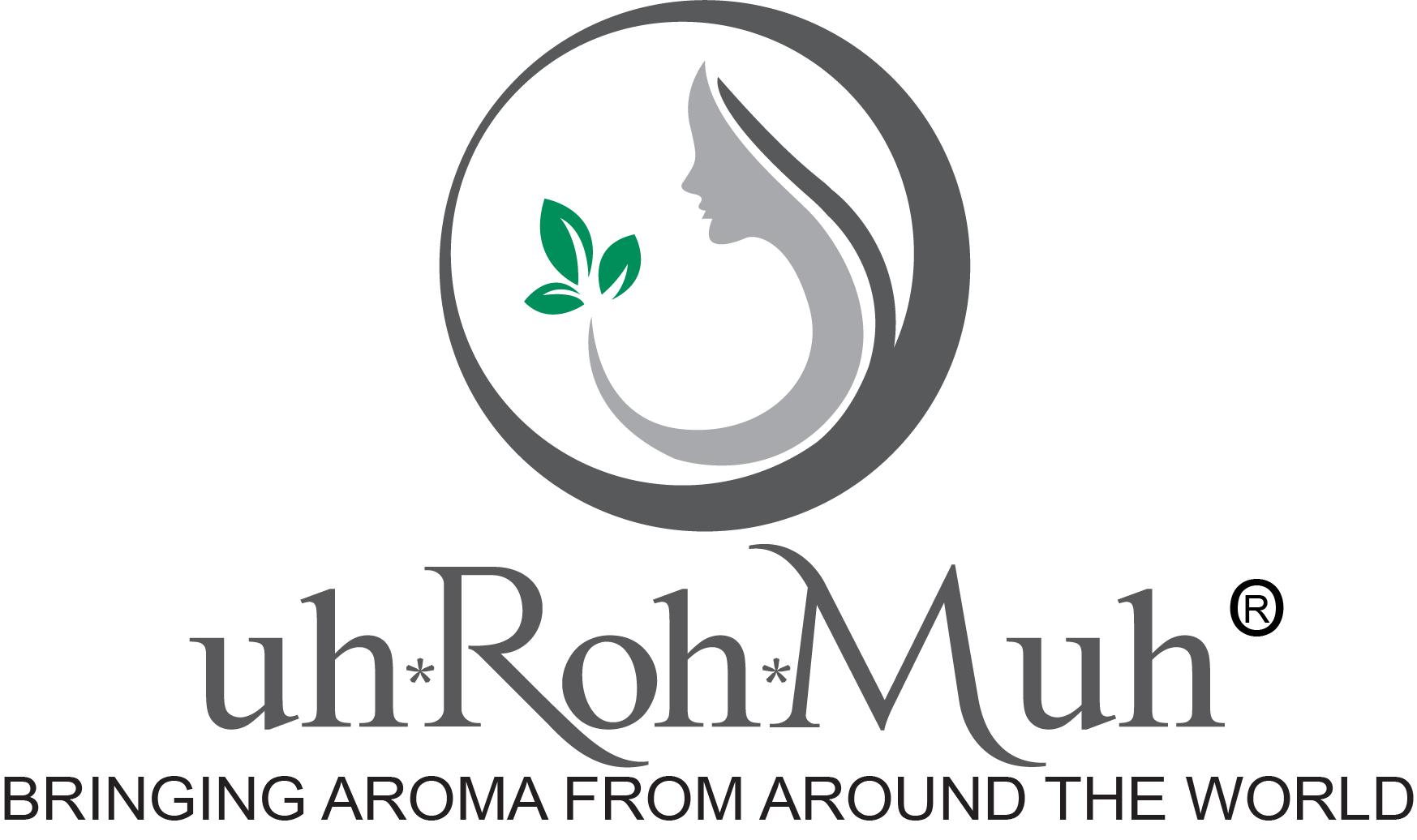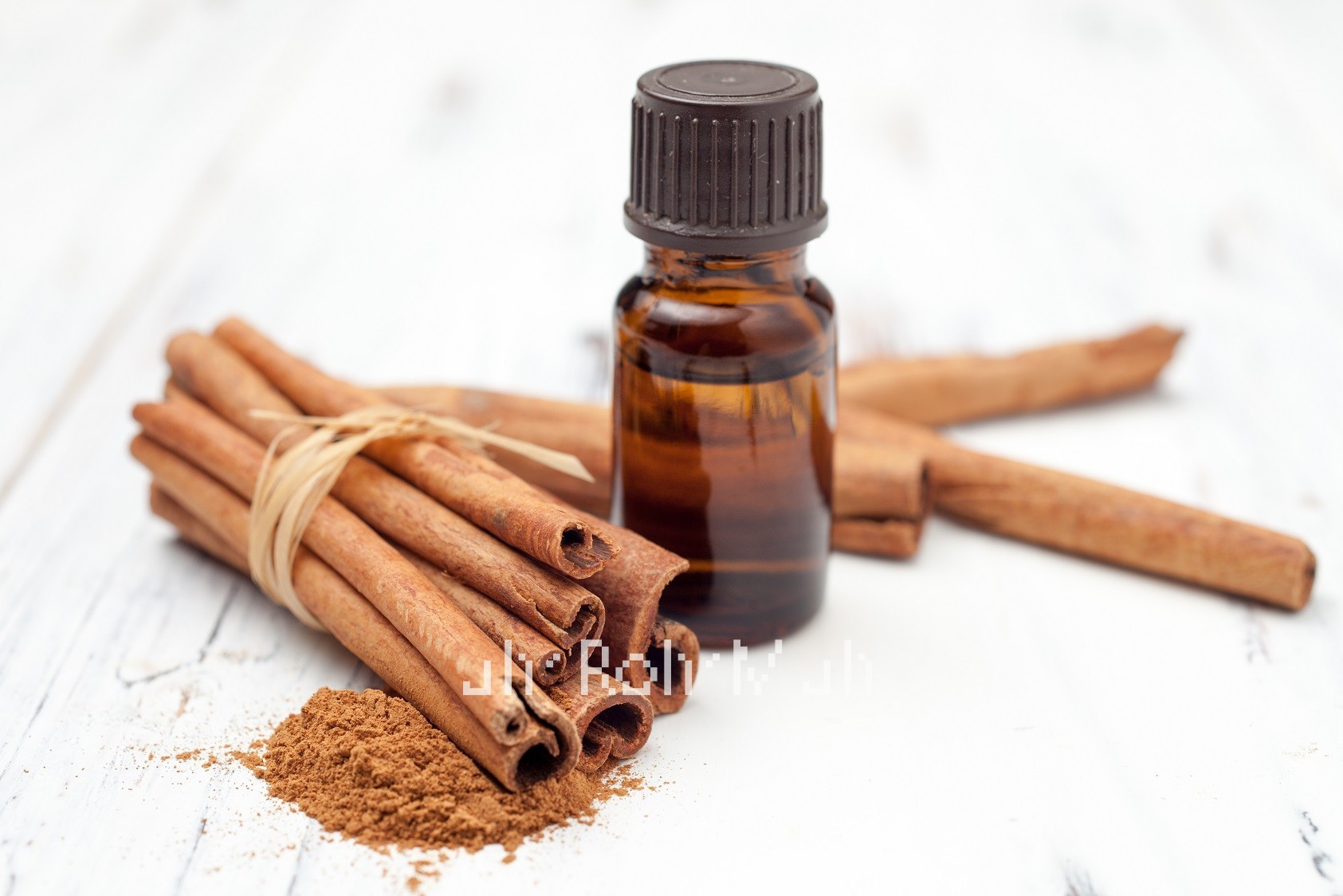Cassia Essential Oil
$9.65 – $75.40
Description
Oil Summary: Cassia & the Cassia Essential Oil is indigenous to China and Burma, and is sometimes called Chinese cinnamon or cinnamon bark. It is considered a ‘hot’ oil, (hotter still, but sweeter than cinnamon essential oil), making it especially good for immune boosting and detoxification. The genus of Cassia is cinnamomum cassia, and even though it sometimes acts as a substitute for cinnamon, its uses go far beyond the culinary. Its aromas are strong, spicy, woody, and balsamic, the liquid itself presenting as a medium thick, yellow-amber to reddish-brown liquid. The tree itself is native to China, and its chemical components include cinnamic aldehyde, cinnamyl acetate, linalool, benzaldehyde, and chavicol. The oil is steam distilled from the leaves, and it is quite dark in color due to its high tannic content. For this reason, it is not often used in perfumery. The most common uses for cassia oil are in aromatherapy, and also for household, culinary, and pharmaceutical preparations.![]()
Botanical Name: Cinnamomum Cassia
Plant Origin: China
Processing Method: Steam distillation
Plant Part: Barks
Odor and Color: A yellowish or brownish liquid having the characteristic odor and taste of cassia cinnamon.
Main Constituents: Cinnamic aldehyde, cinnamyl acetate, linalool, benzaldehyde, and chavicol
Blends well with: Clove, patchouli, ginger, cardamom and Lemongrass,
Contraindication: Cassia essential oil is a very strong skin irritant, and topical use should be avoided for those who have sensitive skin, dermatitis or allergies. If you are pregnant, lactating or breastfeeding, cassia oil should be avoided as it can inhibit milk secretion. Can cause a drop in blood sugar levels, so if you are diabetic be sure to monitor your sugars closely. Consuming large quantities may cause liver damage, especially if you are using other liver-harming drugs like acetaminophen: do not combine cassia and Tylenol unless you are under the direct guidance of a qualified practitioner. As with all essential oils, heed dilution ratios very closely. Because cassia is a ?hot? oil and is a known irritant, extra caution should be taken when using topically.
Related
Additional information
| Weight | N/A |
|---|---|
| Dimensions | N/A |
| Options | 5 ml, 10 ml, 15 ml, 1 fl oz, 2 fl oz, 4 fl oz, Net Wt. 8 oz, Net Wt. 16 oz, Net Wt. 1 kg / 2.2 lb |
1 review for Cassia Essential Oil
Only logged in customers who have purchased this product may leave a review.











Anonymous (verified owner) –